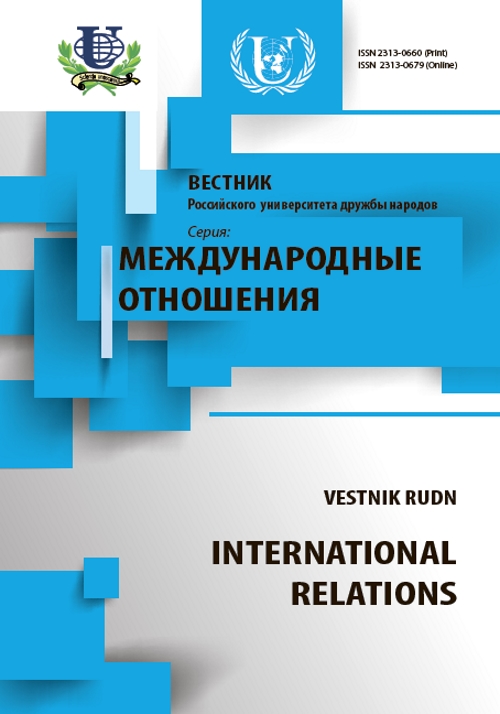Nonproliferation economic sanctions in US foreign policy: political and juridical aspects
- Authors: Sedlyar YA1
-
Affiliations:
- Kyiv Taras Shevchenko National University
- Issue: No 2 (2014): Security: Global and Regional Levels. Post-Soviet Area
- Pages: 33-41
- Section: Articles
- URL: https://journals.rudn.ru/international-relations/article/view/10544
Cite item
Full Text
Abstract
Economic sanctions, an age-old tool of statecraft, are becoming increasingly central to shaping strategic outcomes. In the post-Cold War economic sanctions have become virtually the default option in US foreign policy. They are now employed by American diplomacy for a wide range of purposes and always have consequences. The article focuses in particular on the economic sanctions as a powerful tool to discourage the nuclear proliferation, highlights the key concepts of nonproliferation sanctions policy. The most important nuclear sanctions legislation, like Nuclear Nonproliferation Act, Nuclear Nonproliferation Prevention Act, the Symington, the Pressler and the Glenn amendments is analyzed. A major conclusion made in the article is that in spite of the proliferation of US nonproliferation economic sanctions they rarely work as intended, but often undermine American foreign policy goals. Enhancing our understanding of nonproliferation economic sanctions in US foreign policy, this article will be of interest to policy-makers, diplomats and scholars of international politics, international law, and US foreign policy.
About the authors
Y A Sedlyar
Kyiv Taras Shevchenko National University
Email: juliasedlyar@gmail.com; ysedlyar@mail.ru
Institute of International Relations
References











